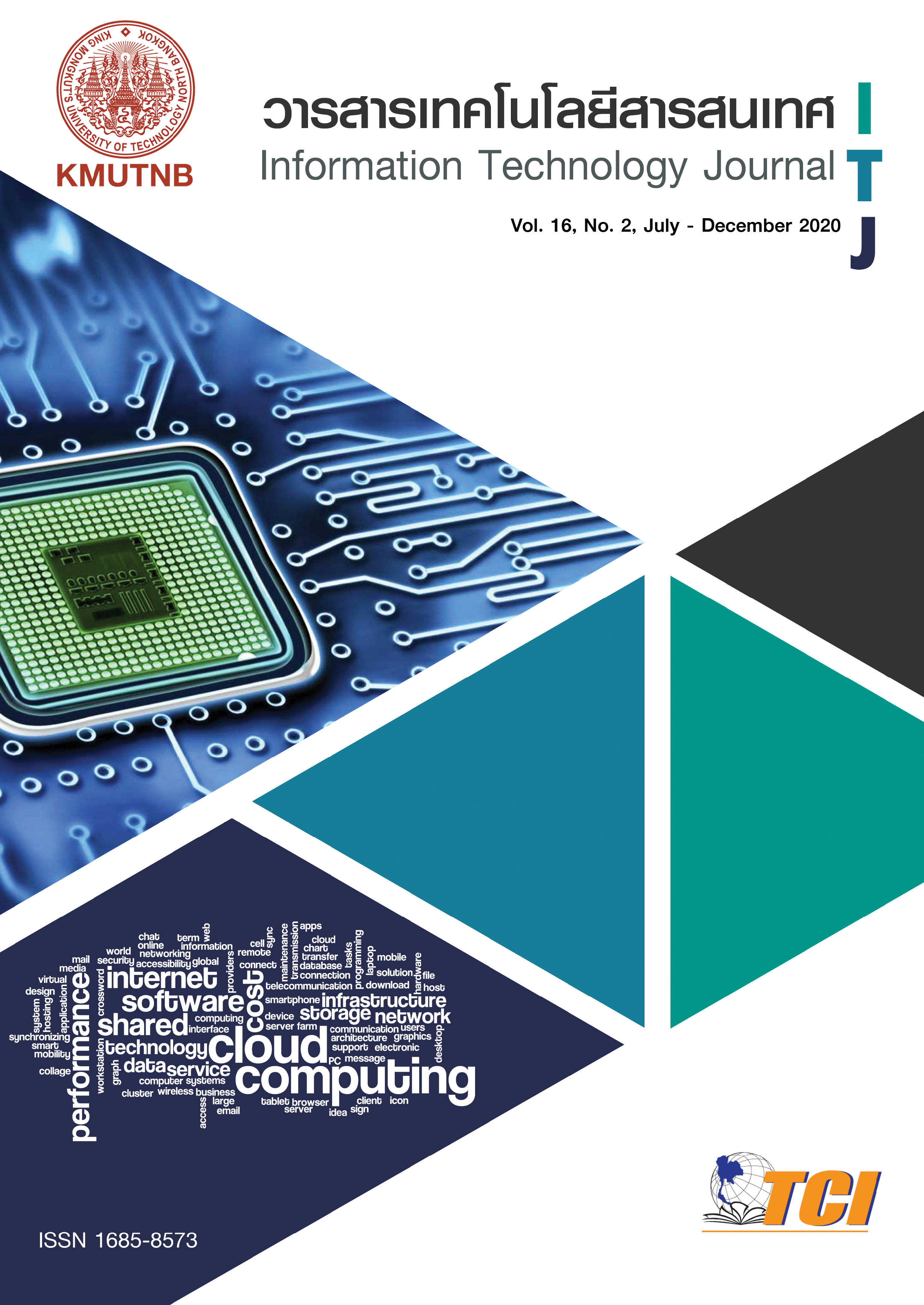Online Dictionaries’ Applications and Associated Linguistic Topology Categorized to Support Users: Systematic Review
Main Article Content
Abstract
In the past, the only sources for linguists to learn from were printed linguistic books. Traditional books were found to be unattractive to read due to their formal design, sophisticated language, size, weight, inconvenience, and difficulty of storage. Online dictionaries are one of the most useful tools for learning and improving linguistics. They provide an effortless way to upgrade, maintain, preserve and store the data of users. All levels of both non-linguists and linguists can sustain and enhance their knowledge and proficiency from the facilitated applications more quickly and conveniently. The paper presents current tools and technologies available to users, and creates a discussion of and differentiate linguistics from language perception. Consequently, the article synthesized the employment of different online dictionaries and their features concerning the associated linguistics based on the analyzed topological categories which were explained more clearly and with greater comprehension. Web app architecture or web programming operations are dismissed in this article. Users can gain benefit to explore, learn, and cite the tools they need to succeed in personal, academic, and professional environments. It was also meant to establish and discover the useful and beneficial connections between linguistics and Internet technology and current web application as it pertains to all instructors and students, and general users alike.


